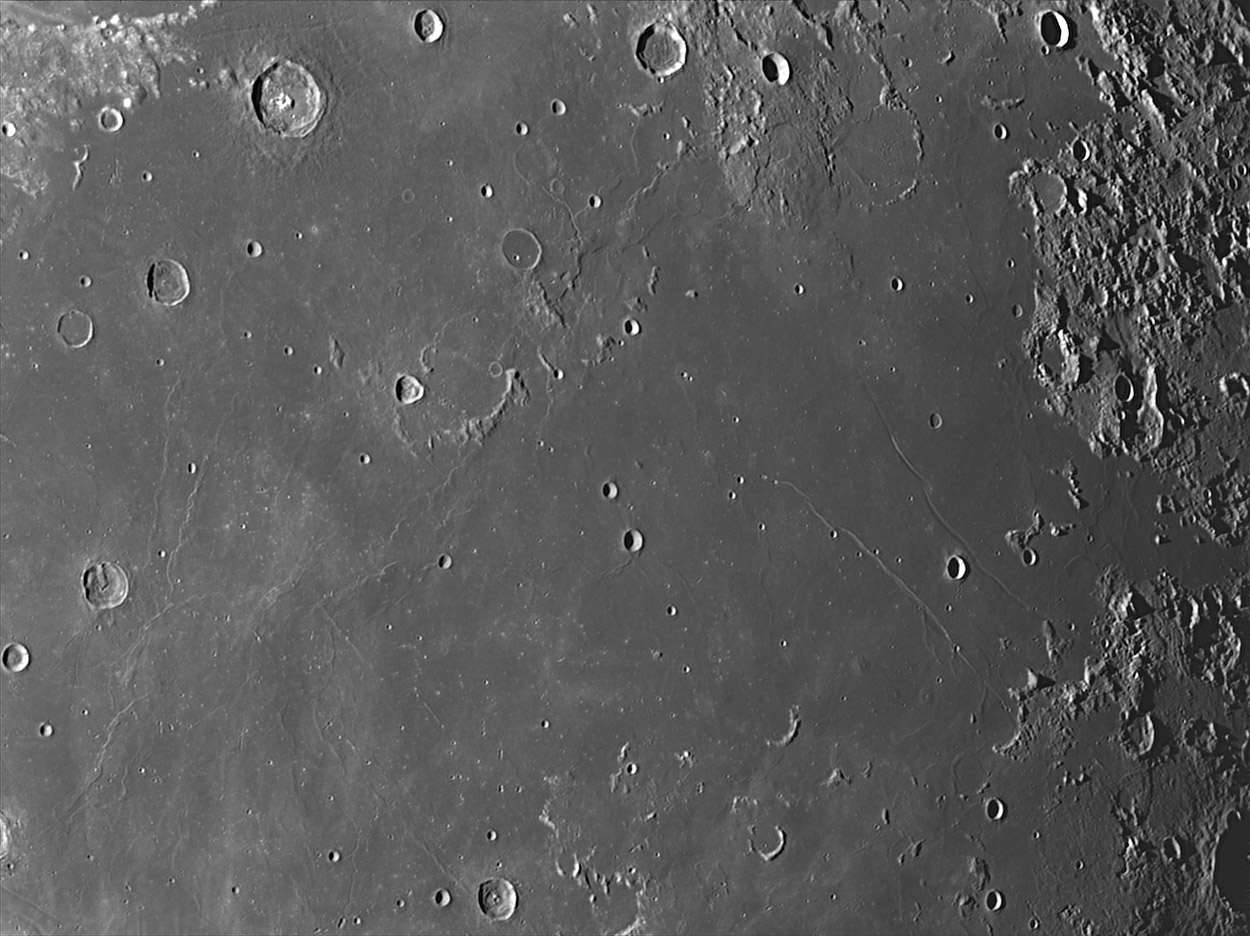Difference between revisions of "October 5, 2012"
| Line 1: | Line 1: | ||
__NOTOC__ | __NOTOC__ | ||
=The Sun Also Rises= | =The Sun Also Rises= | ||
| − | |||
<!-- ws:start:WikiTextHeadingRule:0:<h1> --> | <!-- ws:start:WikiTextHeadingRule:0:<h1> --> | ||
<!-- ws:start:WikiTextLocalImageRule:6:<img src="/file/view/LPOD-Oct5-12.jpg/370420294/LPOD-Oct5-12.jpg" alt="" title="" /> -->[[File:LPOD-Oct5-12.jpg|LPOD-Oct5-12.jpg]]<!-- ws:end:WikiTextLocalImageRule:6 --><br /> | <!-- ws:start:WikiTextLocalImageRule:6:<img src="/file/view/LPOD-Oct5-12.jpg/370420294/LPOD-Oct5-12.jpg" alt="" title="" /> -->[[File:LPOD-Oct5-12.jpg|LPOD-Oct5-12.jpg]]<!-- ws:end:WikiTextLocalImageRule:6 --><br /> | ||
| − | <em>image by [mailto:jordi-ortega@ono.com Jordi Ortega]</em><br /> | + | <em>image by [mailto:jordi-ortega@ono.com" rel="nofollow Jordi Ortega]</em><br /> |
<br /> | <br /> | ||
| − | Last month LPOD featured a lower Sun [http://lpod.wikispaces.com/September+24%2C+2012 view] of the eastern half of Jordi's new image. With higher illumination many, but not all, of the domes disappear, but it is rather remarkable how well the ridges appear that define Lamont. The telescope and camera also did an excellent job of capturing detail inside craters, including the rough floor within Vitruvius, the "fallen over" central peak of Arago, the odd, gash-like western wall of Ross, and pit on the edge of Maskelyne's central mountain. (The Rukl maps linked below identify these named craters.) This image first brought to my attention what turns out to be a very unusual bright crater. Near the upper left, just above-right of Al-Bakri crater (I had to look up that one), is a very bright spot on the side of a mountain. The LRO QuickMap [http://target.lroc.asu.edu/da/qmap.html?mv=eqc&mcx=623450.31288&mcy=444113.5363&mz=9 shows] it to be a small, young impact crater, of course, surrounded by a bright nimbus. Zooming in to the NAC images reveals a surprise, confirmed by altimetry measurements. This is not a typical fresh crater for it lacks a flat floor, and in fact it hardly is a crater. Altimetry crossections just barely reveal the rims and floor, for the crater is very shallow and the topography is dominated by the slope of the mountain. <br /> | + | Last month LPOD featured a lower Sun [http://lpod.wikispaces.com/September+24%2C+2012 view] of the eastern half of Jordi's new image. With higher illumination many, but not all, of the domes disappear, but it is rather remarkable how well the ridges appear that define Lamont. The telescope and camera also did an excellent job of capturing detail inside craters, including the rough floor within Vitruvius, the "fallen over" central peak of Arago, the odd, gash-like western wall of Ross, and pit on the edge of Maskelyne's central mountain. (The Rukl maps linked below identify these named craters.) This image first brought to my attention what turns out to be a very unusual bright crater. Near the upper left, just above-right of Al-Bakri crater (I had to look up that one), is a very bright spot on the side of a mountain. The LRO QuickMap [http://target.lroc.asu.edu/da/qmap.html?mv=eqc&mcx=623450.31288&mcy=444113.5363&mz=9" rel="nofollow shows] it to be a small, young impact crater, of course, surrounded by a bright nimbus. Zooming in to the NAC images reveals a surprise, confirmed by altimetry measurements. This is not a typical fresh crater for it lacks a flat floor, and in fact it hardly is a crater. Altimetry crossections just barely reveal the rims and floor, for the crater is very shallow and the topography is dominated by the slope of the mountain. <br /> |
<br /> | <br /> | ||
| − | <em>[mailto:tychocrater@yahoo.com Chuck Wood]</em><br /> | + | <em>[mailto:tychocrater@yahoo.com" rel="nofollow Chuck Wood]</em><br /> |
<br /> | <br /> | ||
<strong>Technical Details</strong><br /> | <strong>Technical Details</strong><br /> | ||
Revision as of 22:36, 4 January 2015
The Sun Also Rises

image by " rel="nofollow Jordi Ortega
Last month LPOD featured a lower Sun view of the eastern half of Jordi's new image. With higher illumination many, but not all, of the domes disappear, but it is rather remarkable how well the ridges appear that define Lamont. The telescope and camera also did an excellent job of capturing detail inside craters, including the rough floor within Vitruvius, the "fallen over" central peak of Arago, the odd, gash-like western wall of Ross, and pit on the edge of Maskelyne's central mountain. (The Rukl maps linked below identify these named craters.) This image first brought to my attention what turns out to be a very unusual bright crater. Near the upper left, just above-right of Al-Bakri crater (I had to look up that one), is a very bright spot on the side of a mountain. The LRO QuickMap " rel="nofollow shows it to be a small, young impact crater, of course, surrounded by a bright nimbus. Zooming in to the NAC images reveals a surprise, confirmed by altimetry measurements. This is not a typical fresh crater for it lacks a flat floor, and in fact it hardly is a crater. Altimetry crossections just barely reveal the rims and floor, for the crater is very shallow and the topography is dominated by the slope of the mountain.
" rel="nofollow Chuck Wood
Technical Details
Oct 3, 2012; 23:04:52. Celestron HD Edge 11" at f/10. Dmk 31 camera. Filter Baader Is pass.
Related Links
Rükl plates 35 & 36



